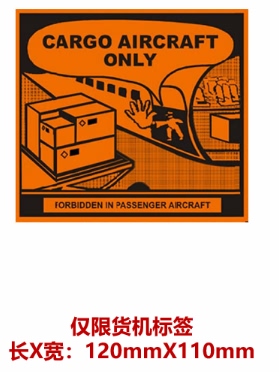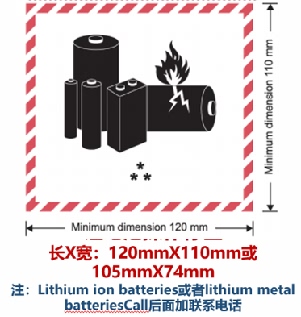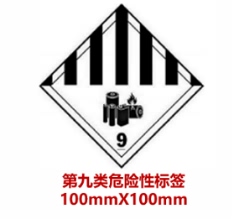Sodium-ion Batteries for Transport Shall Undergo UN38.3 Test
Sodium-ion Batteries for Transport Shall Undergo UN38.3 Test,
Un38.3,
▍Document requirement
1. UN38.3 test report
2. 1.2m drop test report (if applicable)
3. Accreditation report of transportation
4. MSDS(if applicable)
▍Testing Standard
QCVN101:2016/BTTTT(refer to IEC 62133:2012)
▍Test item
1.Altitude simulation 2. Thermal test 3. Vibration
4. Shock 5. External short circuit 6. Impact/Crush
7. Overcharge 8. Forced discharge 9. 1.2mdrop test report
Remark: T1-T5 is tested by the same samples in order.
▍ Label Requirements
|
Label name |
Calss-9 Miscellaneous Dangerous Goods |
Cargo Aircraft Only |
Lithium Battery Operation Label |
|
Label picture |
 |
 |
▍Why MCM?
● The initiator of UN38.3 in the transportation field in China;
● Have the resources and professional teams being able to accurately interpret UN38.3 key nodes related to Chinese and foreign airlines, freight forwarders, airports, customs, regulatory authorities and so on in China;
● Have resources and capabilities that can help lithium-ion battery clients to “test once, pass smoothly all airports and airlines in China “;
● Has the first-class UN38.3 technical interpretation capabilities, and housekeeper type service structure.
The meeting of UN TDG held from November 29 to December 8, 2021 has approved a proposal which is concerned about amendments to sodium-ion battery control. Committee of experts plans to draft amendments to the twenty-second revised edition of the Recommendations on the Transport of Dangerous Goods, and Model Regulations (ST/SG/AC.10/1/Rev.22).
Applicable scope: UN38.3 is not only applicable to lithium-ion batteries, but also sodium-ion batteries
Some description contained “Sodium-ion batteries” are added with “Sodium-ion batteries” or deleted of “Lithium-ion”.Add a table of test sample size: Cells either on standalone transportation or as components of batteries are not required to undergo T8 enforced discharge test.
It is suggested for enterprises which plan to manufacture sodium-ion batteries to pay earliest attention to relevant regulations. By such, effective measures can be taken to cope with regulations upon regulation enforcement, and smooth transportation can be guaranteed. MCM will constantly look into the regulation and standards of sodium-ion batteries, to provide requirement information to clients in timely manner.










